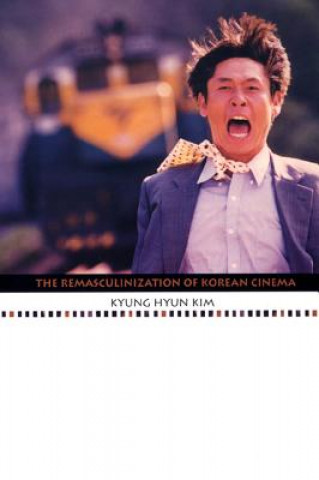
Kód: 04937925
Remasculinization of Korean Cinema
Autor Kyung Hyun Kim
In one of the first English-language studies of Korean cinema to date, Kyung Hyun Kim shows how the New Korean Cinema of the past two decades has used the trope of masculinity to mirror the profound socio-political changes underwa ... celý popis
- Jazyk:
 Angličtina
Angličtina - Väzba: Brožovaná
- Počet strán: 344
Nakladateľ: Duke University Press, 2004
- Viac informácií o knihe

34.40 €
Bežne: 38.24 €
Ušetríte 3.85 €

Skladom u dodávateľa
Odosielame za 14 - 18 dní
Mohlo by sa vám tiež páčiť
-
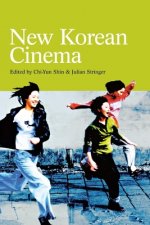
New Korean Cinema
40.85 € -

Transforming Libraries, Building Communities
121.14 € -
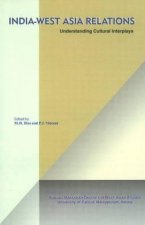
India-West Asia Relations
53.45 € -12 % -

Korean Cinema
27.23 € -

Supernatural. Staffel.4, 6 DVDs
16.58 €
Darujte túto knihu ešte dnes
- Objednajte knihu a vyberte Zaslať ako darček.
- Obratom obdržíte darovací poukaz na knihu, ktorý môžete ihneď odovzdať obdarovanému.
- Knihu zašleme na adresu obdarovaného, o nič sa nestaráte.
Viac informácií o knihe Remasculinization of Korean Cinema
Nákupom získate 85 bodov
 Anotácia knihy
Anotácia knihy
In one of the first English-language studies of Korean cinema to date, Kyung Hyun Kim shows how the New Korean Cinema of the past two decades has used the trope of masculinity to mirror the profound socio-political changes underway in Korea. Since 1980, the country has transformed from an insular, authoritarian culture into a democratic and cosmopolitan society. The transition has fueled anxiety about male identity and, as Kim shows, amid this tension, empowerment has been imagined as remasculinization. He argues that the brutality and violence ubiquitous in many Korean films is symptomatic of Korea's ongoing quest for modernity and a post-authoritarian identity. Kim offers in-depth examinations of more than a dozen of the most representative films produced in Korea between roughly 1980 and 2001. In the process, he draws on the theories of Jacques Lacan, Slavoj Zizek, Gilles Deleuze, Rey Chow, and Kaja Silverman to follow the historical trajectory of screen representations of Korean men from self-loathing beings who desire to be controlled to self-sufficient subjects capable of destroying others. He discusses a range of movies from arthouse films including To the Starry Island (1993) and The Day a Pig Fell into the Well (1996) to higher-grossing, popular films like Whale Hunting (1984) and Shiri (1999). He considers the work of several Korean auteurs--Park Kwang-su, Jung Sun-woo, and Hong Sang-su. Kim argues that Korean cinema must begin to imagine gender relations that defy the contradictions of sexual repression in order to move beyond such binary struggles as those between the traditional and the modern or the traumatic and the post-traumatic.
 Parametre knihy
Parametre knihy
Zaradenie knihy Knihy po anglicky Society & social sciences Society & culture: general Social groups
34.40 €
- Celý názov: Remasculinization of Korean Cinema
- Autor: Kyung Hyun Kim
- Jazyk:
 Angličtina
Angličtina - Väzba: Brožovaná
- Počet strán: 344
- EAN: 9780822332671
- ISBN: 0822332671
- ID: 04937925
- Nakladateľ: Duke University Press
- Hmotnosť: 494 g
- Rozmery: 233 × 152 × 22 mm
- Dátum vydania: 08. March 2004
Obľúbené z iného súdka
-

Women Who Run with the Wolves
11.97 € -

Freedom Writers Diary
15.35 € -9 % -

Think Like a Monk
15.76 € -24 % -

Orientalism
11.05 € -23 % -

How Europe Underdeveloped Africa
22.83 € -18 % -

Desert Flower
10.23 € -24 % -

Why Does He Do That?
16.48 € -15 % -

Letters to a Young Muslim
12.28 € -23 % -

Eros and Mysteries of Love
17.19 € -18 % -

Life After Darkness
21.70 € -20 % -

Puer Tea
44.54 € -
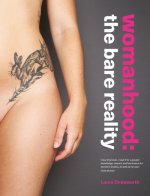
Womanhood
22.01 € -23 % -

JFK - 9/11
33.58 € -

Complete Book of Pilates for Men
19.34 € -20 % -

Sword of No-sword
27.64 € -5 % -

Gypsy Identities 1500-2000
69.11 € -
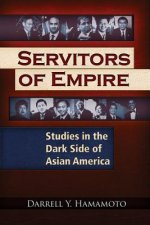
Servitors of Empire
20.37 € -3 % -

Colloquial Yiddish
68.09 € -

Gerotranscendence
145.82 € -

Northwest Coast Indian Art
30.71 € -2 % -

Qur'an
32.76 € -23 % -
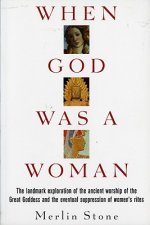
When God Was A Woman
19.65 € -4 % -

The Mastery of Love
12.38 € -19 % -

Vintage Menswear
16.58 € -10 % -

Who Cooked the Last Supper?
19.86 € -7 % -

Women Who Run With The Wolves
14.63 € -24 % -
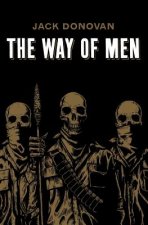
The Way of Men
14.02 € -19 % -

The Autobiography of Malcolm X
10.54 € -8 % -
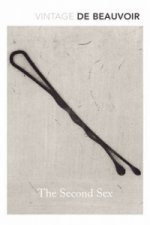
Second Sex
16.58 € -23 % -

Goddesses in Everywoman
12.28 € -23 % -

Talking with Female Serial Killers - A chilling study of the most evil women in the world
11.15 € -23 % -

Intellectuals and Society
22.42 € -21 % -
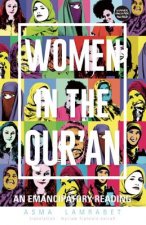
Women in the Qur'an
20.98 € -2 % -

Erotic Bondage Book
14.74 € -19 % -
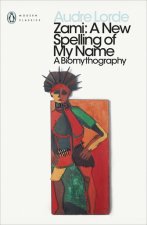
Zami
11.05 € -15 % -

Nine Years among the Indians, 1870-1879
30.10 € -

Dark Emu
16.58 € -23 % -
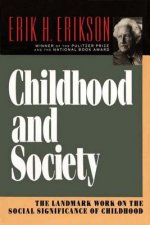
Childhood and Society
16.38 € -19 % -

Happy City
12.28 € -23 % -
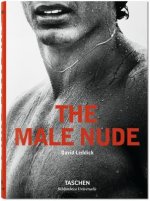
The Male Nude
18.32 € -10 % -
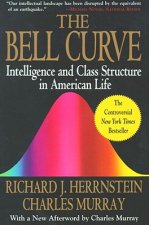
The Bell Curve
18.73 € -23 % -
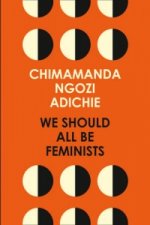
We Should All Be Feminists
7.57 € -25 % -

Empire of the Summer Moon
14.43 € -23 % -
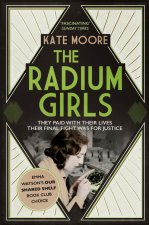
Radium Girls
11.15 € -23 % -

Dance of Anger
11.15 € -23 % -
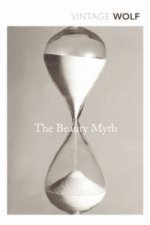
Beauty Myth
14.43 € -23 % -

Muqaddimah
21.60 € -17 % -

TROUBLEMAKER
15.66 € -18 % -
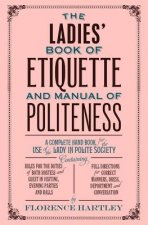
Ladies' Book of Etiquette and Manual of Politeness
13.20 € -18 %
Osobný odber Bratislava a 2642 dalších
Copyright ©2008-24 najlacnejsie-knihy.sk Všetky práva vyhradenéSúkromieCookies


 21 miliónov titulov
21 miliónov titulov Vrátenie do mesiaca
Vrátenie do mesiaca 02/210 210 99 (8-15.30h)
02/210 210 99 (8-15.30h)